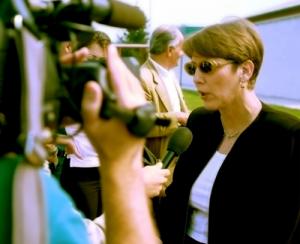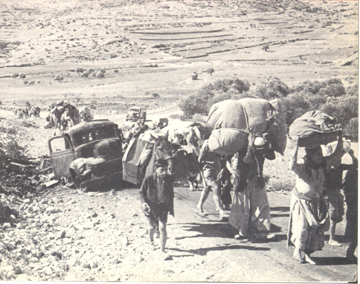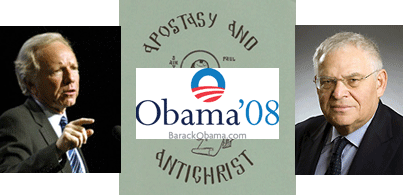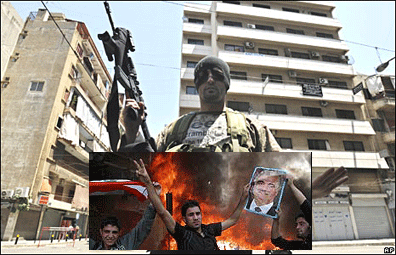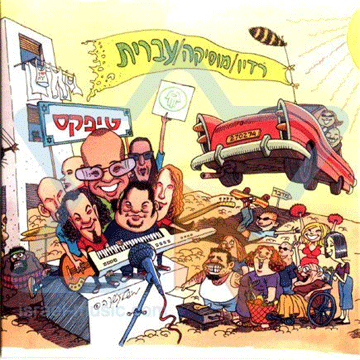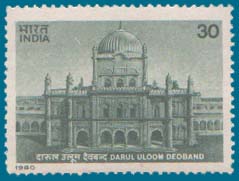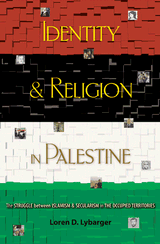
Identity and Religion in Palestine: The Struggle between Islamism and Secularism in the Occupied Territories by Loren Lybarger (Princeton: Princeton University Press, 2007)
This remarkable book examines how the Islamist movement and its competition with secular-nationalist factions have transformed the identities of ordinary Palestinians since the first Palestinian uprising, or intifada, of the late 1980s. Drawing upon his years living in the region and more than eighty in-depth interviews, Loren Lybarger offers a riveting account of how activists within a society divided by religion, politics, class, age, and region have forged new identities in response to shifting conditions of occupation, peace negotiations, and the fragmentation of Palestinian life. Continue reading Identity and Religion in Palestine
